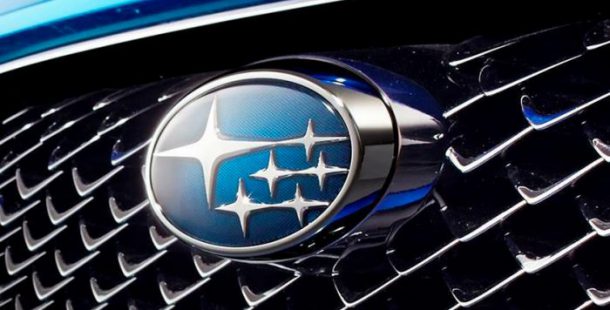#DataManipulation
Nissan Confesses to Falsified Testing Data for Japanese Vehicles
After Volkswagen’s diesel emissions scandal came under public scrutiny, numerous industry analysts prophesied it would not be an isolated incident. Cheating had been done in the past, and would likely continue into the future. In fact, numerous experts claimed every major automotive manufacturer probably engaged in illicit behavior to some degree. With so many laws and employees who may be interested in shirking them, it’s bound to happen time and time again.
On Monday, Nissan Motor Co. admitted it improperly measured exhaust emissions and fuel economy for 19 vehicle models sold in Japan. Late last year, Nissan and Subaru both confessed that they had allowed uncertified technicians to conduct finial vehicle inspections. Initially, the issue seemed like a harmless oversight, but in some cases the failing went unnoticed for decades, resulting in falsified data as a way to cut corners. Both Mitsubishi Motors and Suzuki admitted in 2016 that they exaggerated the fuel economy of their vehicles by cheating on tests.
Subaru Admits Employees Manipulated Fuel Economy Data
In December of last year, Subaru and Japanese law firm Ohno & Tsunematsu opened an internal investigation to determine if employees tampered with fuel economy ratings for some of its Japanese-market vehicles. The issue arose in the wake of Nissan and Subaru being faulted for decades of improper final inspection procedures at specific plants. While the issue initially seemed relatively benign, subsequent interviews with Subaru employees resulted in confessions that “certain data with respect to fuel economy and emissions may have been altered” during the course of final vehicle inspections.
What originally appeared to be automotive employees taking bureaucratic shortcuts evolved into something a bit more serious. Subaru recently released the results of the investigation and has admitted to falsifying the fuel consumption data of 903 cars assembled at its Gunma Manufacturing Division and Yajima factory. However, the internal probe only encompasses December 2012 until November 2017. All data from before this period is mysteriously absent.
Interesting, considering the suspect employees claim the figure flubbing probably started around 2002.














Recent Comments